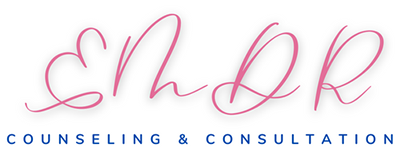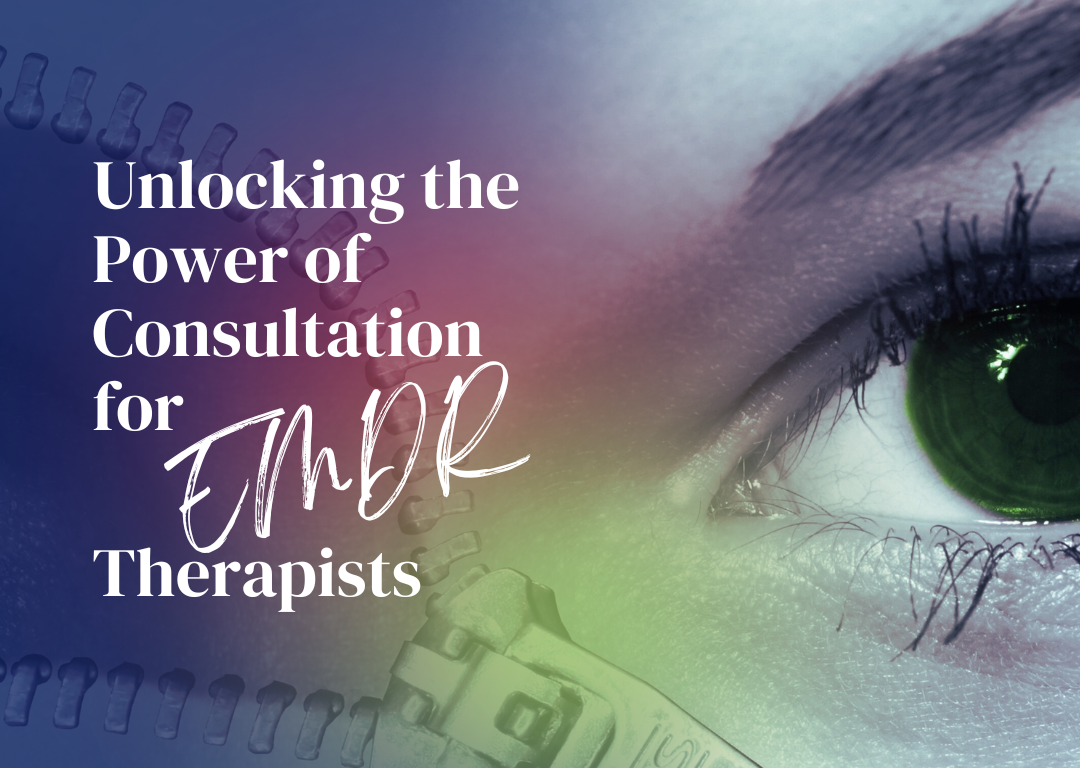Eye Movement Desensitization and Reprocessing (EMDR) therapy has emerged as an effective and evidence-based treatment for individuals struggling with trauma, anxiety, and other mental health conditions. As EMDR therapists, we strive to provide the best care possible for our clients, and one powerful tool that can greatly aid in this endeavor is consultation. In this blog post, we will explore the numerous benefits of consultation for EMDR therapists, highlighting how it can amplify professional growth and enhance clinical practices.
Expanding Knowledge and Skills
Consultation offers therapists an invaluable opportunity to expand their knowledge and skills in the field of EMDR therapy. Through consultation, therapists can learn from experienced practitioners who can share their insights, offer guidance, and provide valuable feedback on their techniques. This process enables therapists to deepen their understanding of the EMDR protocol, explore advanced techniques, and stay up-to-date with the latest research and developments in the field.
Enhancing Clinical Competence
Consultation contributes to the enhancement of clinical competence, allowing therapists to refine their EMDR skills. By discussing case studies, reviewing treatment plans, and exploring challenging scenarios with a consultant or a group of peers, therapists can gain a fresh perspective on their clinical work. This collective wisdom can help identify blind spots, strengthen therapeutic interventions, and improve overall treatment outcomes.
Ensuring Ethical Practice
Ethical considerations are crucial in any therapeutic practice, and EMDR therapy is no exception. Consultation provides a safe space for therapists to discuss ethical dilemmas, seek guidance on complex cases, and ensure that their clinical practice aligns with the highest ethical standards. This process fosters accountability and supports therapists in making informed decisions that prioritize the well-being and safety of their clients.
Mitigating Therapist Burnout
Working with clients who have experienced trauma can be emotionally demanding and challenging for therapists. Consultation offers a space for therapists to process their own reactions and emotions, share their experiences, and receive support from their peers or consultants. This collaborative approach can help mitigate therapist burnout, promote self-care, and provide a healthy outlet for professional growth.
Building a Supportive Professional Network
Consultation provides therapists with an opportunity to engage with a supportive professional network. By attending consultation groups or seeking one-on-one supervision, therapists can connect with like-minded professionals who share a passion for EMDR therapy. This network can serve as a source of ongoing support, encouragement, and collaboration, fostering personal and professional growth throughout their careers.
In the ever-evolving field of mental health, consultation is an essential component for EMDR therapists seeking to excel in their clinical practice. Whether it be expanding knowledge, enhancing clinical competence, ensuring ethical practice, mitigating burnout, or building a supportive network, consultation offers numerous benefits that can positively impact therapists and their clients alike.
As EMDR therapists, let us embrace the power of consultation, recognizing it as a valuable tool that amplifies growth, enhances clinical practices, and ultimately contributes to the well-being and healing of those we serve.





